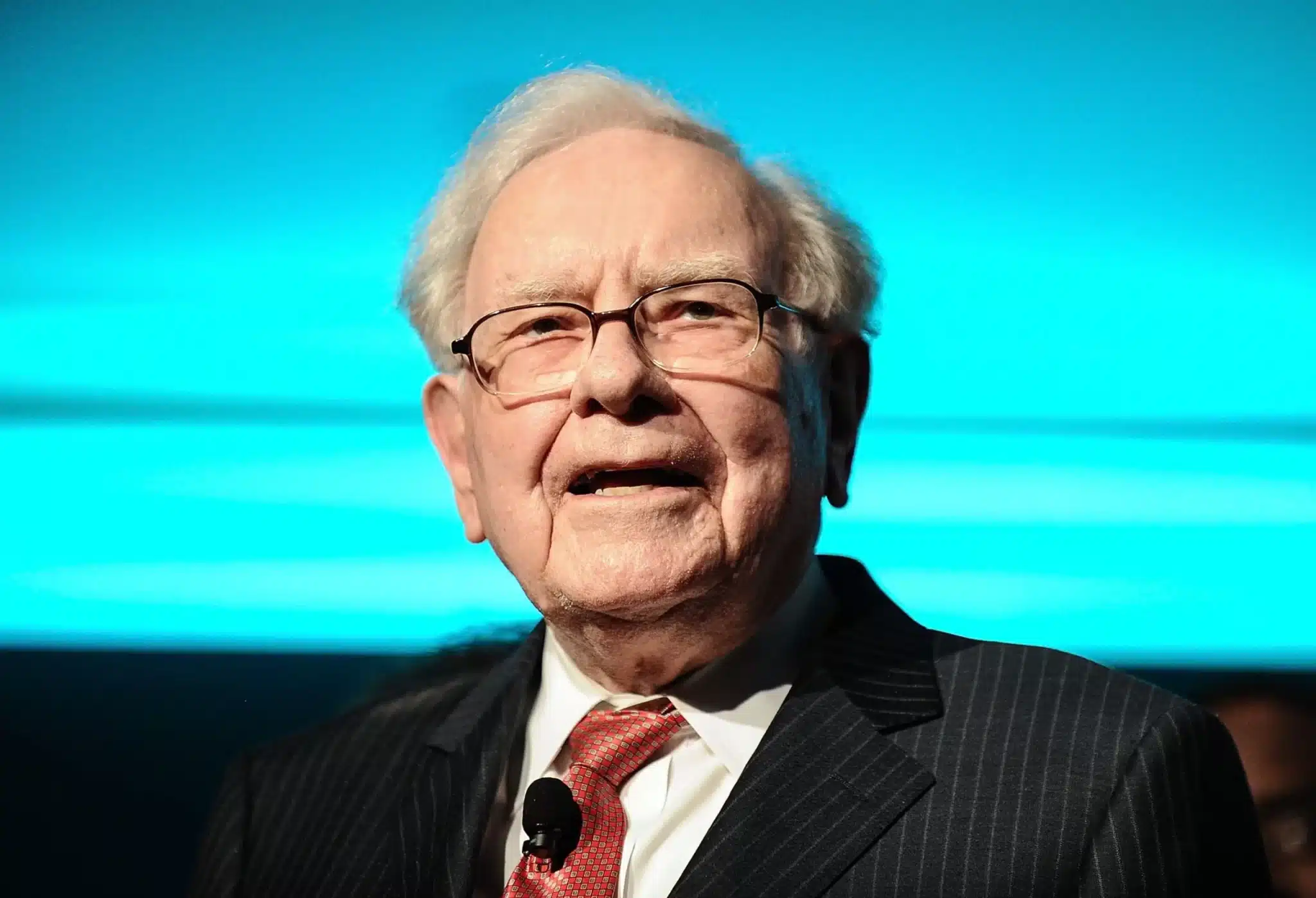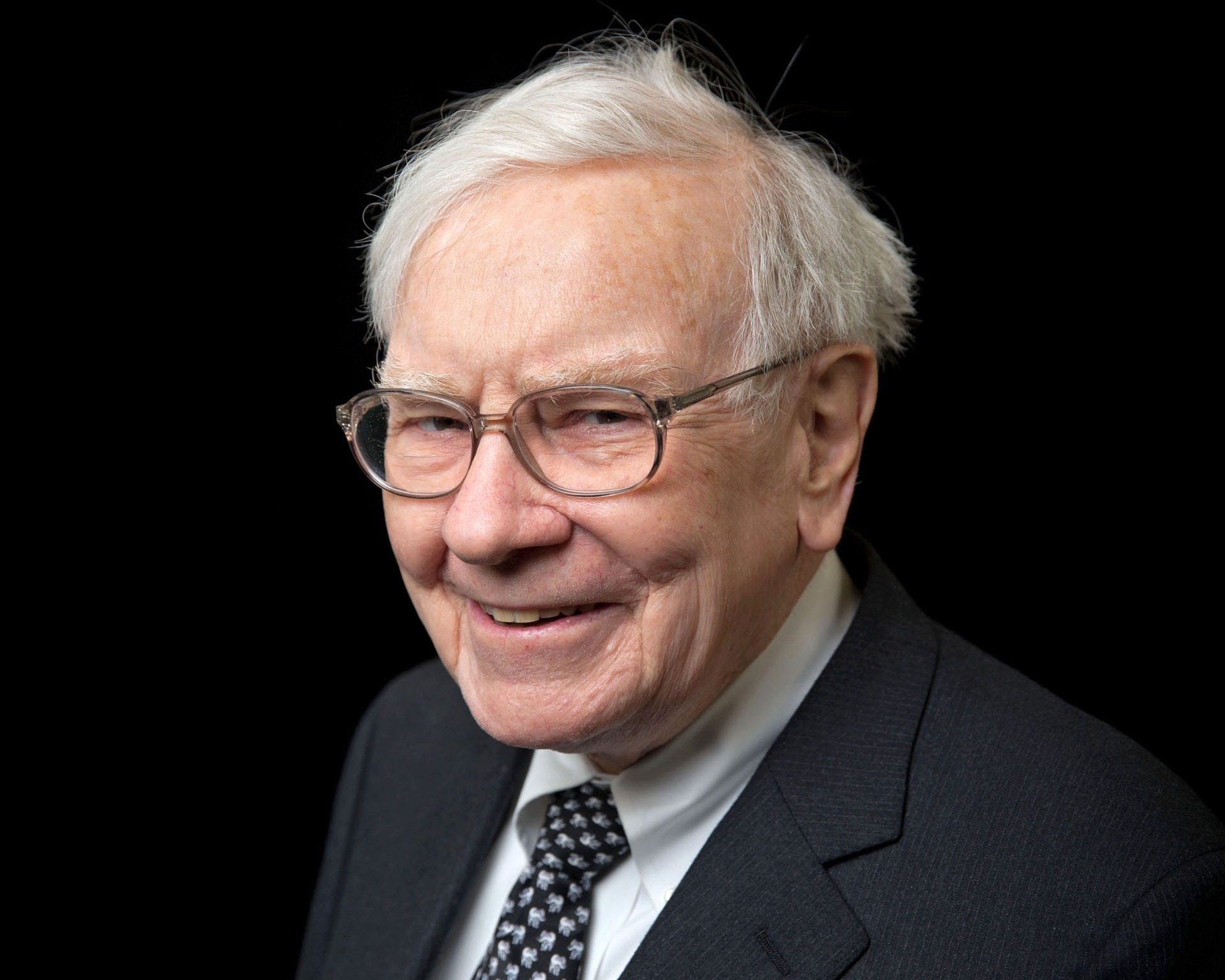OMAHA, Nebraska — Stock buyback critics, according to billionaire Warren Buffett, are “either an economic illiterate or a silver-tongued demagogue” or both, and all investors benefit from them as long as they are done at the right prices.
Buffett used a portion of his annual letter to Berkshire Hathaway shareholders on Saturday to tout the benefits of share repurchases, which have riled up Wall Street critics like Sens. Elizabeth Warren and Bernie Sanders as many other Democrats. The federal government even imposed a 1% tax on buybacks this year after they surpassed $1 trillion in 2022.
“When you are told that all share repurchases are harmful to shareholders or the country, or especially beneficial to CEOs, you are listening to either an economic illiterate or a silver-tongued demagogue (characters that are not mutually exclusive),” Buffett, a long-time Democrat, wrote.
According to investor Cole Smead, Washington D.C. should take note of Buffett’s position on stock buybacks.
“Any politician, regardless of party affiliation, should stand up and take notice of a statement like that,” said Smead of Seattle-based Smead Capital Management.
Buffett, in typical self-deprecating fashion,
Buffett, in typical self-deprecating fashion, claimed that Berkshire’s remarkable record of doubling the returns of the S&P 500 over the last 58 years with him at the helm is the result of “about a dozen truly good decisions – that would be about one every five years.”
He mentioned a few in his letter, but he kept his message — which has long been one of the most widely read business documents — remarkably brief this year, at just over eight pages. He also dedicated an entire page to a tribute to his 99-year-old business partner Charlie Munger.
“I think investors, whether Berkshire investors or just Berkshire students, look to him for more, and I think they may come away wanting more,” CFRA Research analyst Cathy Seifert said.
Buffett emphasized how much Berkshire benefits from dividends from large investments in its portfolio, such as Coca-Cola and American Express, even though he refuses to pay a dividend at the Omaha, Nebraska-based conglomerate he leads because he believes he can generate a higher return for shareholders by investing that cash. Last year, Coke paid Berkshire $704 million in dividends, and American Express paid $302 million, helping to increase the value of those stakes to $25 billion for Coke and $22 billion for American Express. In the 1990s, Berkshire paid $1.3 billion for each investment.
Buffett said the key lesson for investors is that “it takes just a few winners to work wonders. And, yes, starting early and living into your 90s helps.”
Berkshire Hathaway reported a sharp drop in fourth-quarter profit to $18.2 billion from $39.6 billion a year earlier as the paper value of its investments fell.
Berkshire Hathaway reported a sharp drop in fourth-quarter profit
As a result, the value of Berkshire’s sizable stock portfolio distorted those bottom-line figures once more. Because operating earnings exclude derivatives and investments, Buffett believes they are a better measure of Berkshire’s performance. However, Berkshire’s operating earnings fell to $6.7 billion, or $4,584.46 per Class A share, from $7.3 billion, or $4,904.23 per Class A share, the previous year.
This is significantly lower than what Wall Street predicted. FactSet polled three analysts, who predicted Berkshire would report operating earnings per Class A share of $5,305.83 on average.
Analysts said the results were still strong overall, but higher claims costs continued to hurt Geico’s results, while BNSF’s railroad traffic slowed and rising interest rates hurt several of Berkshire’s housing-related businesses, such as its nationwide network of Realtors and its Clayton Homes manufacturing housing unit.
Berkshire’s performance tends to track the performance of the U.S. economy because so many of its dozens of manufacturing, utility, and retail businesses do. The conglomerate is a barometer of the economy in many ways.
Berkshire continues to invest in whole companies and stocks whenever Buffett sees an opportunity. According to Edward Jones analyst Jim Shanahan, he was particularly aggressive last year, making a net investment of approximately $53 billion. Much of that was invested in Occidental Petroleum and Chevron stock and Alleghany Corp. insurance, which was purchased for $11.6 billion last fall.
Despite all of that spending, Berkshire Hathaway’s cash reserves increased to $128.6 billion at the end of the year, up from $109 billion at the end of the third quarter. Berkshire Hathaway’s businesses generate so much cash that it accumulates faster than Buffett can invest.
Berkshire increased its stake in the Pilot Flying J network of 750 truck stops to 80% at the start of this year, up from 38.6% in 2017, which will help this year’s earnings.
SOURCE – (AP)






:max_bytes(150000):strip_icc()/GettyImages-184769358-d334e8ac6239419aa7f98c983b65b2bf.jpg)




